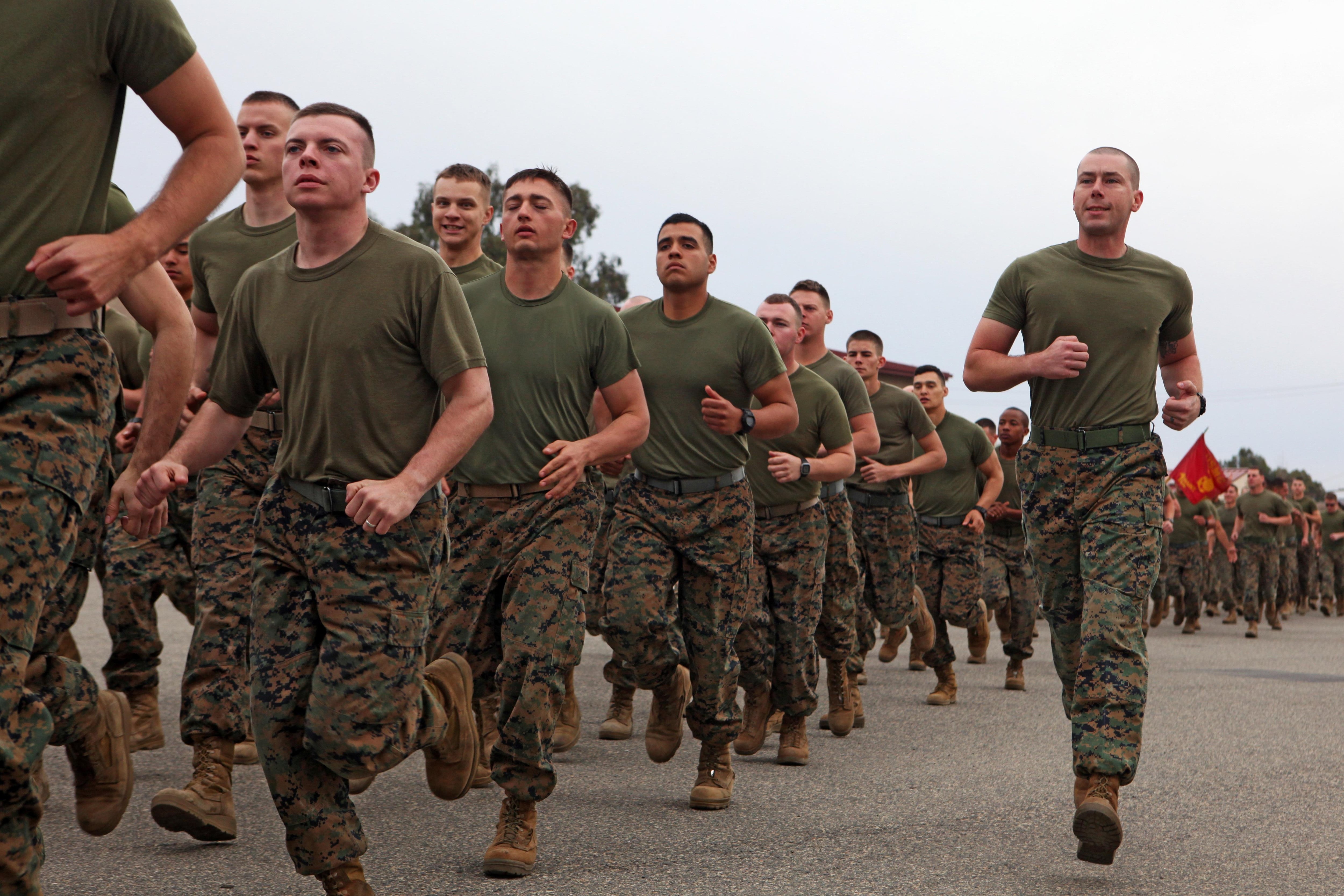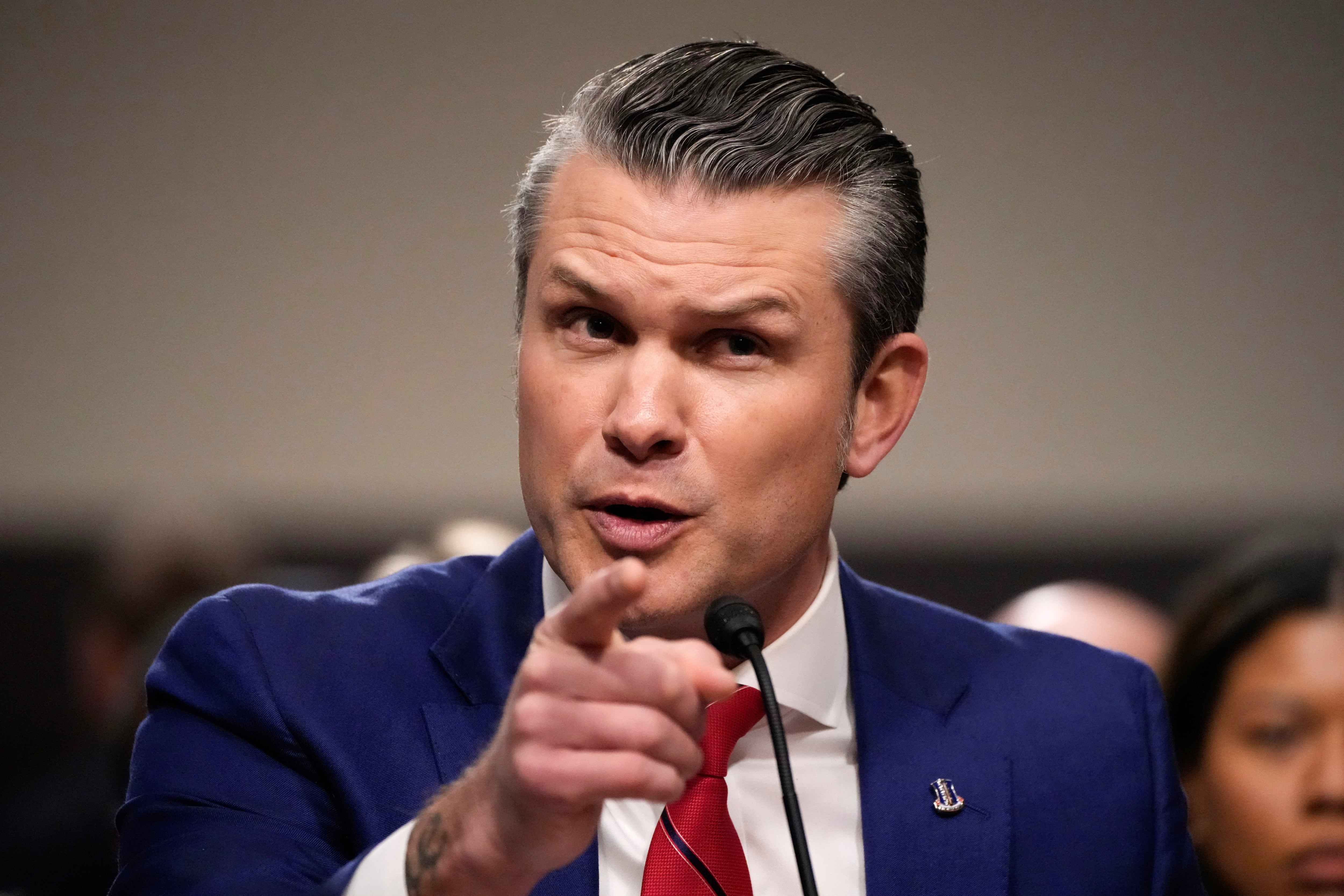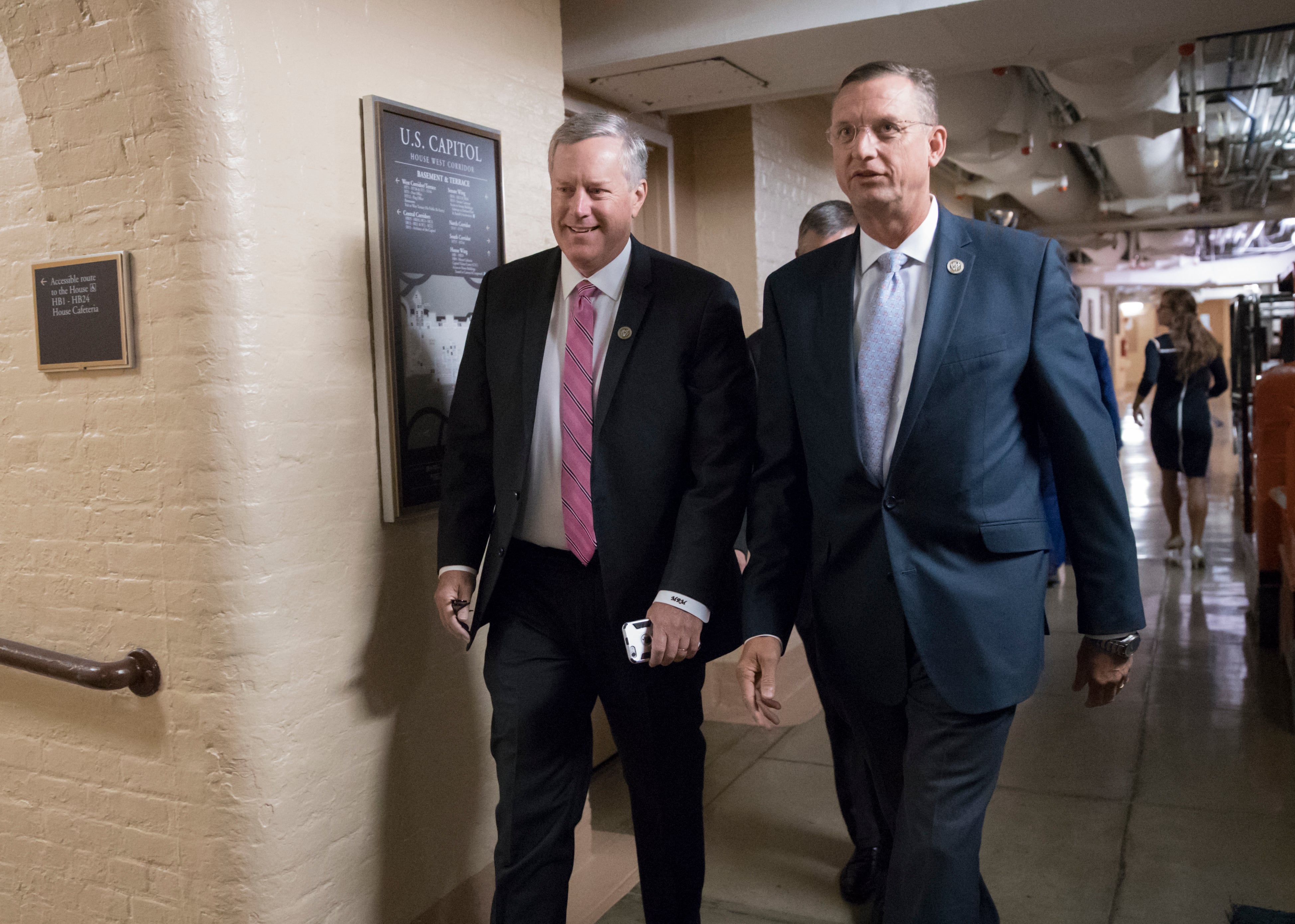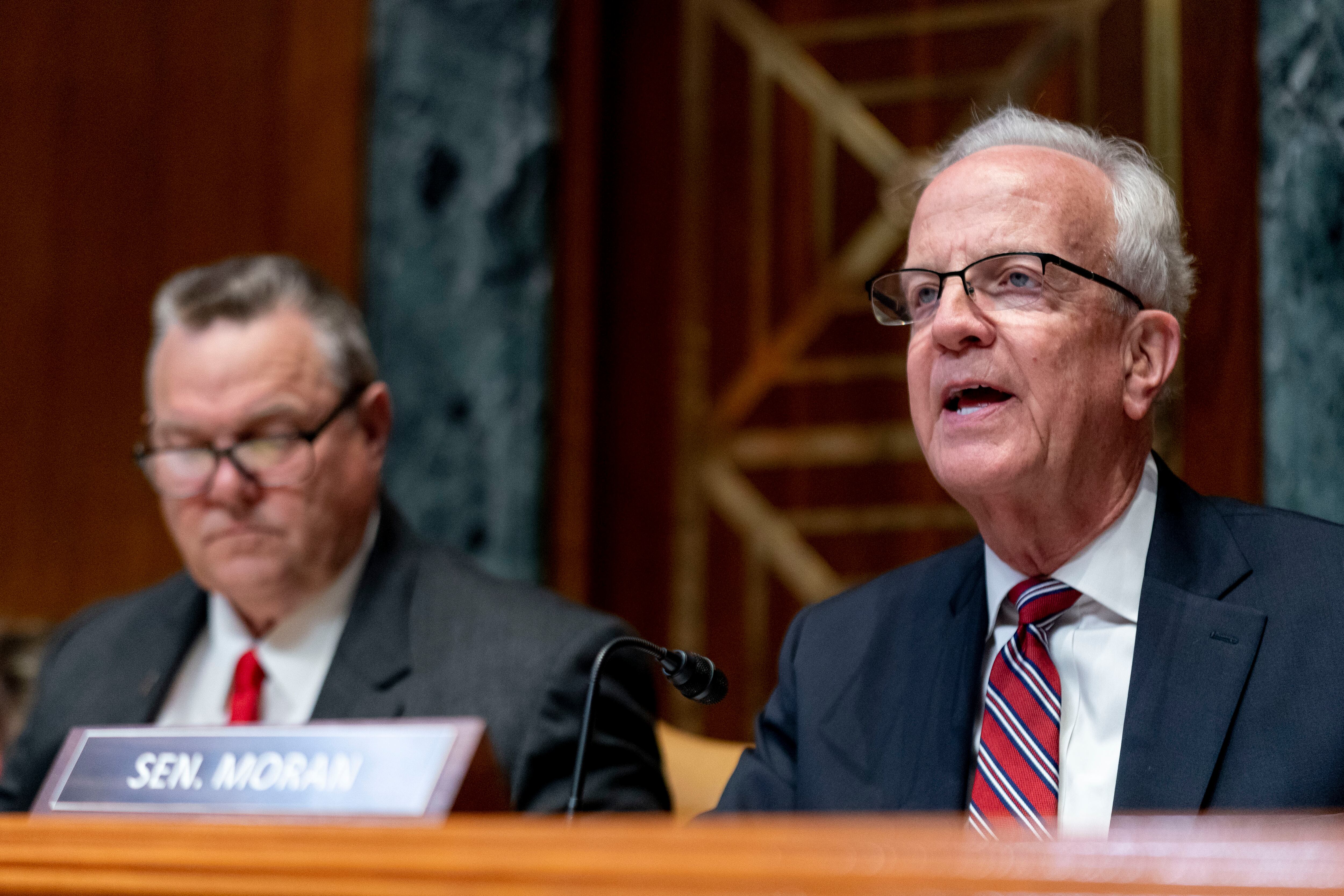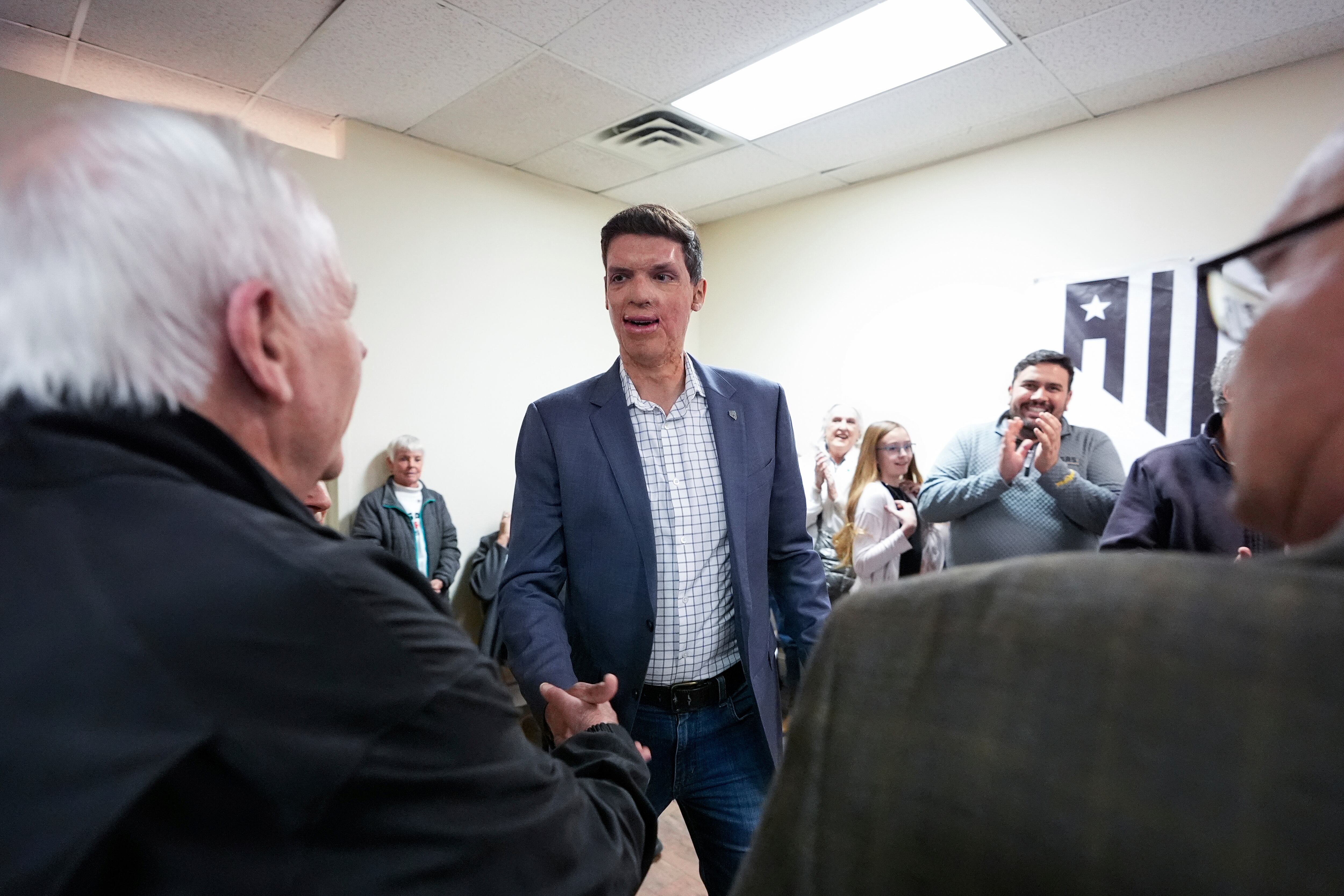Omar Essazay and his family were making their way through Taliban checkpoints on Aug. 18, trying to get to Hamid Karzai International Airport in Kabul.
They only had the clothes on their backs, some money and documents that hopefully would allow them through the U.S. military’s defensive line and onto a plane that would see them to safety.
Omar Essazay had been an interpreter who had worked for the U.S. military during the final few years of the war in Afghanistan. His father was an Afghan Air Force veteran who later worked for U.S. contractors.
“We were planning to leave Afghanistan before the Taliban came,” Omar Essazay told Marine Corps Times in a phone interview. “We were waiting to get our visas but on the 15th of August the Taliban came.”
Their jobs had put the family at risk ― as the Taliban was seeking revenge against some who had aided the U.S. military in its nearly 20-year war against the terrorist organization.
But it was not their jobs or the paperwork that saw the Essazay family to safety ― it was because Omar Essazay’s brother, Cpl. Jason Essazay, was a U.S. Marine.
Life in Afghanistan
Cpl. Jason Essazay had still been in school in 2001 when the U.S. invaded Afghanistan and ousted the Taliban government.
But he noticed an immediate improvement in his life and, at the urging of his mother, started to learn to English.
He feverishly read Tom Clancy novels that U.S. troops would discard and dreamed of one day becoming a U.S. spy.
When he graduated high school he immediately volunteered to become an interpreter, where he served alongside airmen, soldiers and Marines fighting against the Taliban until 2014.
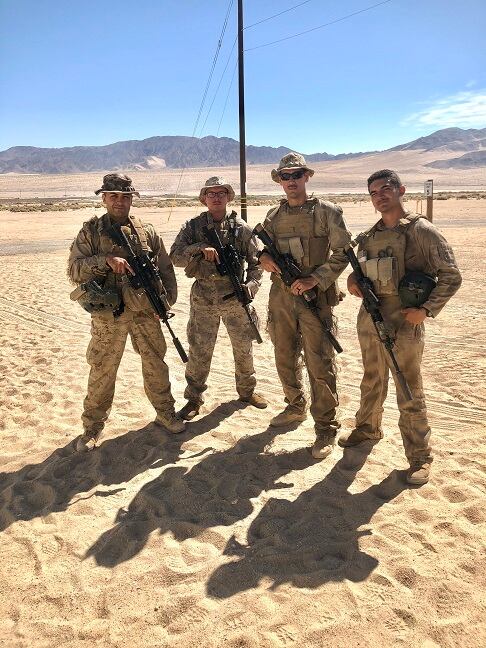
In total, three of the Essazay brothers went on to become interpreters and work closely with the U.S. military.
“I’ve been in hundreds of firefights and IED attacks,” Essazay said. “I have been blown up in Afghanistan three times as an interpreter and I lost a lot of friends.”
After his time as an interpreter Essazay moved to Texas, but still felt the call to serve his adopted home.
He enlisted in the Marine Corps reserves in 2016 as an 0311 infantryman.
“I went through a lot so I couldn’t really put up with active duty anymore,” he said. “But I always had an admiration for the Marines and they had a lasting image and impact on my life.”
The young grunt dreamed of returning to Afghanistan in a Marine Corps uniform, but the opportunity hasn’t arose.
His decision to join the Corps, however, may have saved the lives of his immediate family.
While watching the chaos unfold in Afghanistan, Essazay was devastated.
He had spent years fighting the Taliban, and knew firsthand the improvements that the American invasion brought to the country.
“I thought I was doing everything that I could to make a positive change in the life of people, which we did, for 20 years,” Essazay said. “We allowed people to be able to have freedom of expression, freedom of their opinion, to be able to go to school, to be able to listen to music, to be able to watch TV.”
“These are very fundamental things that a lot of people can’t really even fathom these things being taken away from them,” he said.
But his focus was on his family still trapped in Afghanistan.
“We already had received so many death threats because of our affiliations with the U.S. military so I knew they were not going to have a good ending there,” he said.
1 hour to get there
Essazay learned that at least two Marines he had trained with were on the ground at the Kabul airport, but he was not sure if they could actually help.
So he turned to retired Marine Lt. Col. Russel Worth Parker.
Essazay had met Parker when he had volunteered to write an essay for a website Parker was working for.
Parker, an intelligence officer turned infantry officer turned special operations officer, had retired to become a writer. And between military writing and his 27 years in the Corps he had met a lot of people.
On this particular day, however, he had been in western North Carolina for work, right as the remnants of Hurricane Fred had moved through the area, causing massive flooding and knocking out the power.
“We’re sitting on my buddy’s porch in the dark with no electricity, no phone service no internet, nothing, when at about 11:30 that night, they got power re-established, so my phone starts digging,” Parker told Marine Corps Times.
One of the messages Parker received was from a Marine he knew at the airport saying that if the Essazay’s family could get to the airport within an hour, the Marine may be able to help them.
“Well that message was 90 minutes old,” Parker said. “I called Jason and said, ‘Look man this is old information but tell your family they got an hour to get to the airport.”
Essazay quickly passed the message to his family members, who immediately scrambled to leave their home and their old lives behind.
RELATED
Here’s where the Marine Corps is headed as it shifts away from Afghanistan and the ‘old wars’
“Outside there was a bunch of Taliban, we were scared that if we got caught there would be a big problem,” Omar Essazay said.
“I had my badge, I had my documents with me, so it was really dangerous for us … we were very scared,” he said.
The family didn’t even bring a change of clothes, as they didn’t want to tip off the Taliban that they were trying to flee the country.
When Omar Essazay reached the gate with his family he told the Marines on duty that his brother was a Marine, and gave them the instructions he was told relay so he could make it through.
Soon he and his family had reached safety.
The Essazays were part of more than 124,000 Afghans and U.S. citizens who evacuated from Afghanistan in August.
They are currently in Germany awaiting a flight to the United States. Once they get to the country Omar Essazay and his younger brother, Emran, said they both plan on joining the U.S. military, most likely enlisting in the Air Force.
“I used to help the Air Force … and I love the aviation life,” Omar Essazay said.
If they both enlist a total of four Essazay brothers will have joined the U.S. military after entering the country on a special immigrant visa.
Shortly after the family made it through the airport gates, Parker had received a text from Jason Essazay with two simple words: “They’re in,” Parker said he read with tears running down his face.
Parker slept fitfully for a few hours, awaking in time to see the sun come up.
“Honestly if felt like after firefight,” he said. “I was a force recon guy I worked at night, in Iraq and you’d get into something overnight and you’d come back and watch the sun come up and have this kind of decompress time.”
“That’s what dawn felt like the morning after we got Jason’s family out.”
Parker joined an informal group of veterans now calling themselves “Team America,” which helped scores of Afghan allies and their families flee the Taliban.
The dedication and willingness to help of all involved reminded Cpl. Jason Essazay of what it means to be a Marine.
“That’s what America relies on the Marines to do,” Essazay said.
“I was definitely proud of them and proud of being in the brotherhood that made so much positive impacts in the lives of Afghans.”
Parker echoed the corporal’s sentiment, noting that a Marine on the ground in Afghanistan put himself at risk, simply because he knew there was a Marine’s family stuck in the city.
“I have never been prouder to be a Marine than after I slept that first morning for a couple of hours then woke up,” Parker said.
“It was entirely Marine-to-Marine-to-Marine connections,” that rescued the Essazay family, Parker said.

